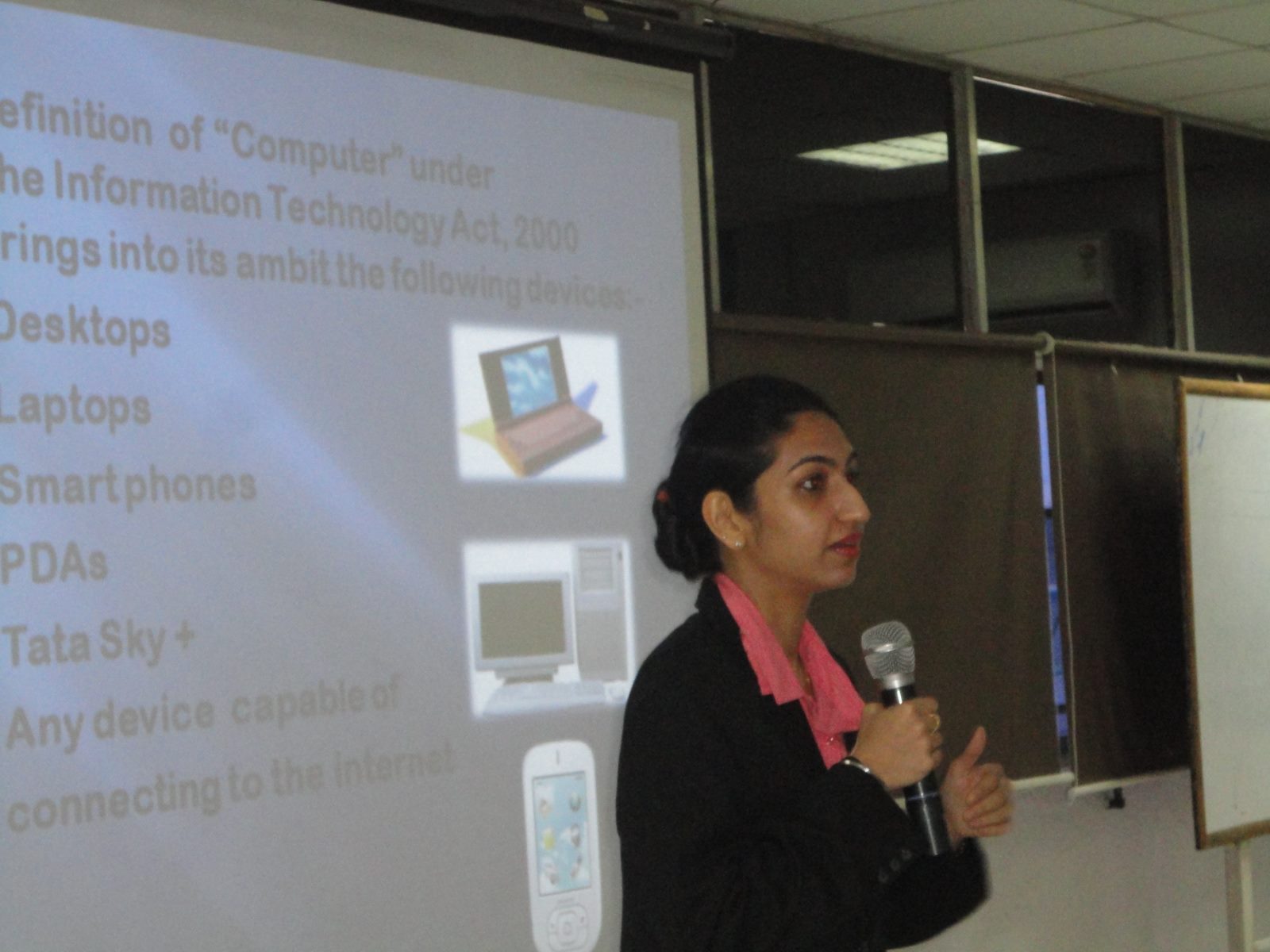1. Dating Scam: This is a very charming scam that purports to tug at the strings of your heart but end of the day leaves your wallet empty. These scams originate from random chats on online dating or matrimonial portals where email ids are exchanged for further correspondence. Also in many cases there are emails soliciting for a date by a very beautiful and charming woman that are sent to all email ids that would seemingly belong to men. Responding to such emails lead to exchange of photographs and sharing of personal data along with flirting and building an emotional bond. However, it ends with the scammer being in severe need for money for treatment after an accident or to visit the online lover. However, once the money is transferred all correspondences from the scammers end cease. In many cases they are actually Nigerian men who purport to be beautiful women and solicit men for dates, and that’s why this is a type of Nigerian email scam.
2. Phishing Emails: These emails are all over cyber space. They purport to have been sent by a Bank and have a link which directs you to a webpage which carries the logo and feel of the Bank’s website. They require the recipient to update his records immediately otherwise his accounts would be frozen. Most people panic on receiving such an email and enter their online banking passwords and sensitive data on the webpage. Thereafter, the scammers make unauthorized withdrawals from the victim’s bank accounts. The latest is an email from RBI which asks the recipient of the email to secure his bank account details with RBI, requiring him to mention all the banks in which he has his accounts along with the net banking details, credit card numbers including the secret three digit CVV number.
3. Inheritance Scam: These emails mention that the name of the recipient matches that of the relative of a millionaire who has died intestate abroad. If a victim responds positively to this email, he will receive very genuine looking transfer documents for the property along with a bill for the legal fees that would have to be incurred for the transfer. Once the victim transfers the money, he will never hear from the scammer again.
4. Lottery Scam: This is among the most common types of email scams, where a victim receives an email informing him that he has won a big lottery and he has to pay a certain amount of money as transaction costs to claim the prize money.
5. Extortion scam: This is a very interesting type of email scam. In email scams, the scam emails are sent out to millions of people. These scam emails are threatening in nature and demand security money. They will typically say that I am watching you, and I know your wife and child also, if you don’t pay beware the consequences. The next email would mention that you think I am not serious, but I have been following you, you wore a white shirt and blue trousers today. Now in reality this is just a psychological play to create fear in the mind of the victim. If you just clearly think, then from all the men who receive that email many would have a wife and child, and most men wear white shirts and blue trousers. It’s a game of probability.
In 2012 a 32 year old man from Indore was arrested for allegedly duping a student from Kandivili of Rs. 1.2 Lakhs through an email lottery scam. The Mumbai Cyber Police cracked this case and apprehended the culprit.
If you are a victim of such a scam, then there is legal recourse under the Information Technology Act, 2000.
Section 66-D of the Information Technology Act, 2000 provides for punishment for cheating by Personation by using a computer resource. This legal provision reads as under:
“Whoever, by means for any communication device or computer resource cheats by personating, shall be punished with imprisonment of either description for a term which may extend to three years and shall also be liable to fine which may extend to One Lakh rupees.”
A victim can initiate legal action against such scammers. The first step would be filing a complaint with the Cyber Crime Cell to trace the offenders and thereafter a Complaint should be filed with the Adjudicating Officer under the Information Technology Act, in order to initiate legal proceedings against the offenders. In many cases the offenders are Indian citizens only, who pretend to be foreign nationals in the emails.
Always remember, that if something sounds too good to be true, then it probably is. Never volunteer your credit card details, net banking details, PAN card numbers or any other sensitive personal data to any unknown person in cyber space however, credible it may appear to be.
It is always better to be safe in cyber space. However, if you are a victim of such scams, you do have legal recourse to recover your money.
 Serato DJ Crack 2025Serato DJ PRO Crack
Serato DJ Crack 2025Serato DJ PRO Crack









 Allow notifications
Allow notifications



[…] Email scams- Legal Recourse for Indian victims of email scams […]
[…] Email scams- Legal Recourse for Indian victims of email scams […]